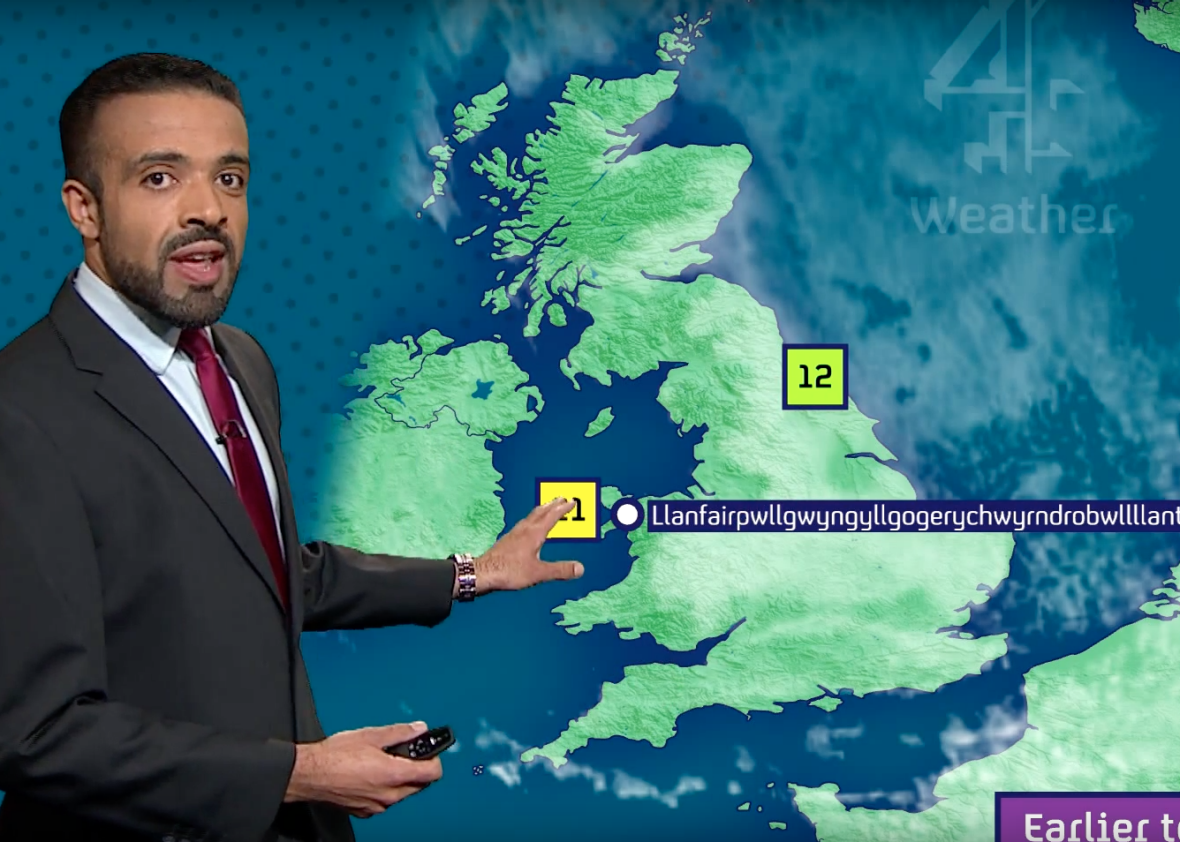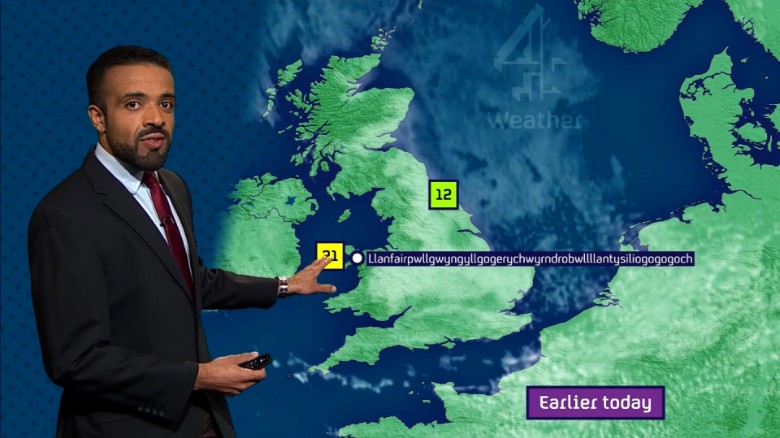
In 1884, he created his cycle of erosion, which showed the way rivers create landforms. He became an instructor at Harvard teaching geology. Therefore, he addressed meteorological issues from a nature-based perspective. While Davis was a meteorologist, he studied many other aspects of nature. This provided those who followed his work with much more information than otherwise available. By doing this, he was able to show the correlation between the meteorological happenings that took place and the geological and geographical issues that were affected by them. This made his work much more valuable in that he could tie in one object of study to others. In 1869, he received his Master of Engineering degree.ĭavis studied meteorological phenomena, along with geological and geographical issues. He was often called the "father of American geography." Born in Philadelphia, Pennsylvania to a Quaker family, he grew up and attended Harvard University. He was a geographer and a geologist with a deep passion for nature. Noted meteorologist William Morris Davis was born in 1850 and died in 1934. Atomic weights were basically an afterthought in a paper he presented, and he was encouraged to study them further. Originally, Dalton was trying to explain why gases stay mixed, instead of settling out in layers in the atmosphere. He was preoccupied with the atmospheric gases, however, and the atomic theory formulation came about almost inadvertently. The greatest achievement for Dalton was his formulation of the atomic theory.

It dealt with his work in the area of partial pressures. The interest he had in weather moved into an interest in the gases that make up the atmosphere. Throughout those years, over 200,000 meteorological values were recorded.

He maintained these records for 57 years, until his death.

Through the instruments he created, John Dalton could study humidity, temperature, atmospheric pressure, and wind. When weather forecasters of today talk about the earliest existing weather records in the UK, they are generally referring to Dalton’s records. Much of what Dalton did with his meteorological instruments helped to turn the forecasting of weather into actual science. In 1787, he used homemade instruments to start recording weather observations.Īlthough the instruments he used were primitive, Dalton was able to gather a large amount of data. But, he was also fascinated by the weather each day. Today, we know those particles are atoms. Born September 6, 1766, he was most famous for his scientific opinion that all matter is actually made up of small particles. John Dalton was a British weather pioneer. “And the key word in that sentence is not ‘cocoa,’ it’s ‘worried,’ ” he said.Charles Turner after James Lonsdale/Wikimedia Commons/Public Domain “The exact words were, ‘Are you worried about the shade of cocoa your baby is going to come out?’ ” he said of his son, Cruz. “I had a former colleague ask me the very question,” he said. “I’m a mixed-race man myself,” Beresford, whose father is Guyanese, told ITV’s “Harry & Meghan: The Week That Shook The Royals.”
#Weatherman names tv
Without naming Morgan directly, Beresford told a British TV show that it is “exhausting trying to explain racism and how it feels,” saying he suffered the same responses to having a child with a white woman as Markle and Prince Harry say they received from another royal.
#Weatherman names skin
The UK weatherman who confronted Piers Morgan on-air to defend Meghan Markle said he related to the duchess because he was once asked the same “offensive” question about his future child’s skin color.Īlex Beresford, 40, famously attacked Morgan for his “diabolical” behavior in accusing Markle of lying throughout her Oprah Winfrey tell-all - leading the popular host to storm off set and quit “Good Morning Britain.” Sharon Osbourne underwent ketamine therapy after ‘The Talk’ exit


 0 kommentar(er)
0 kommentar(er)
